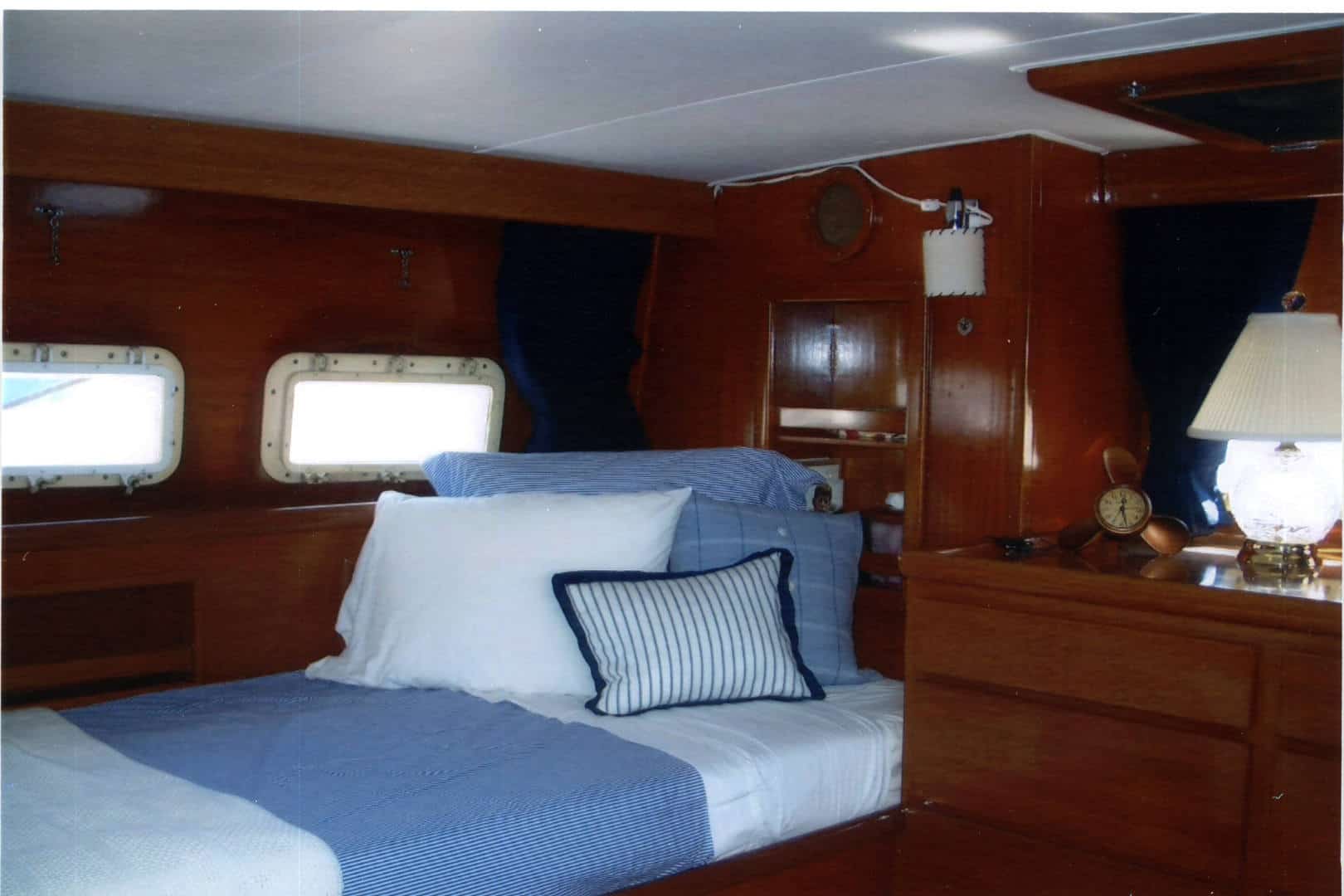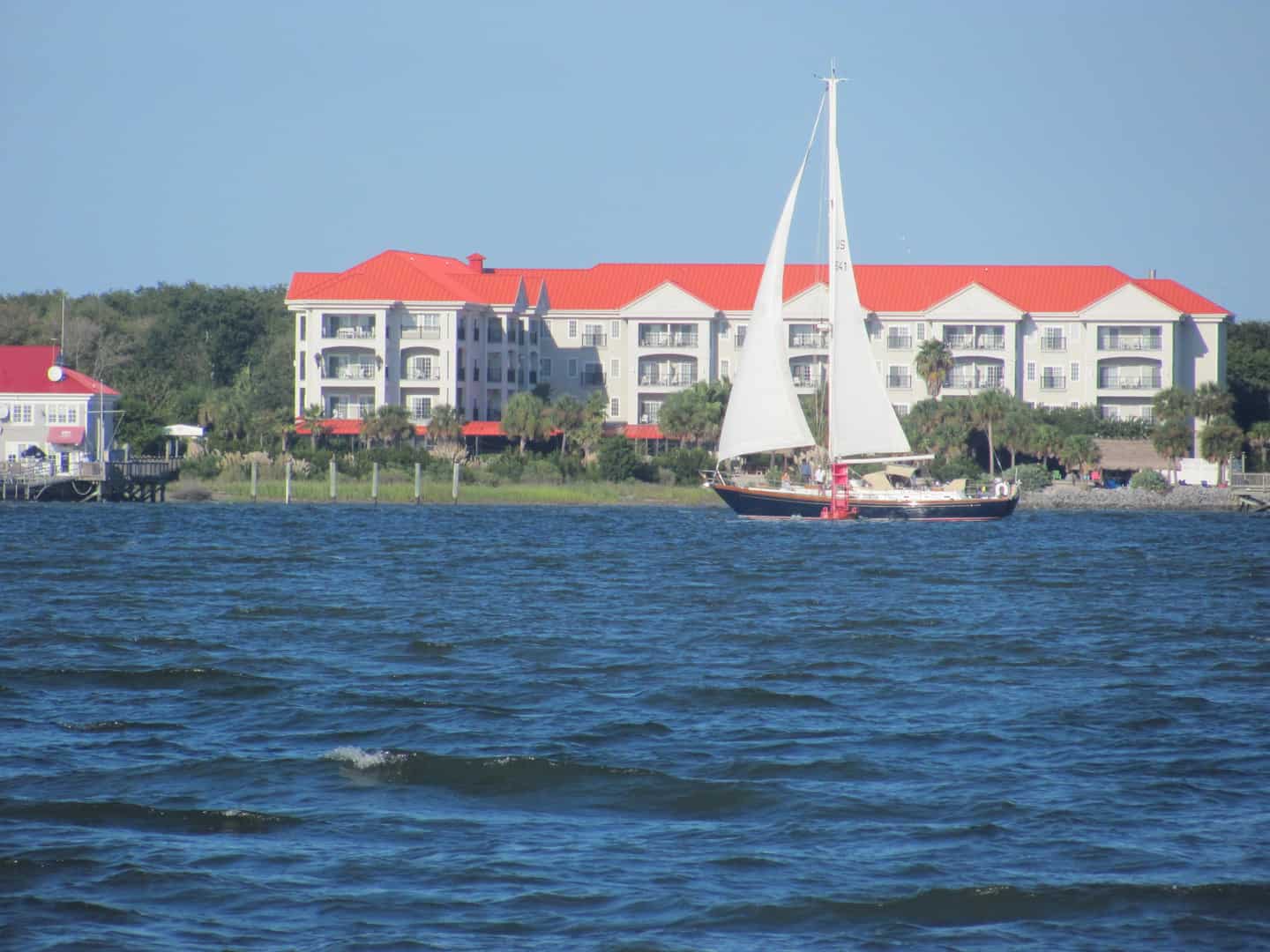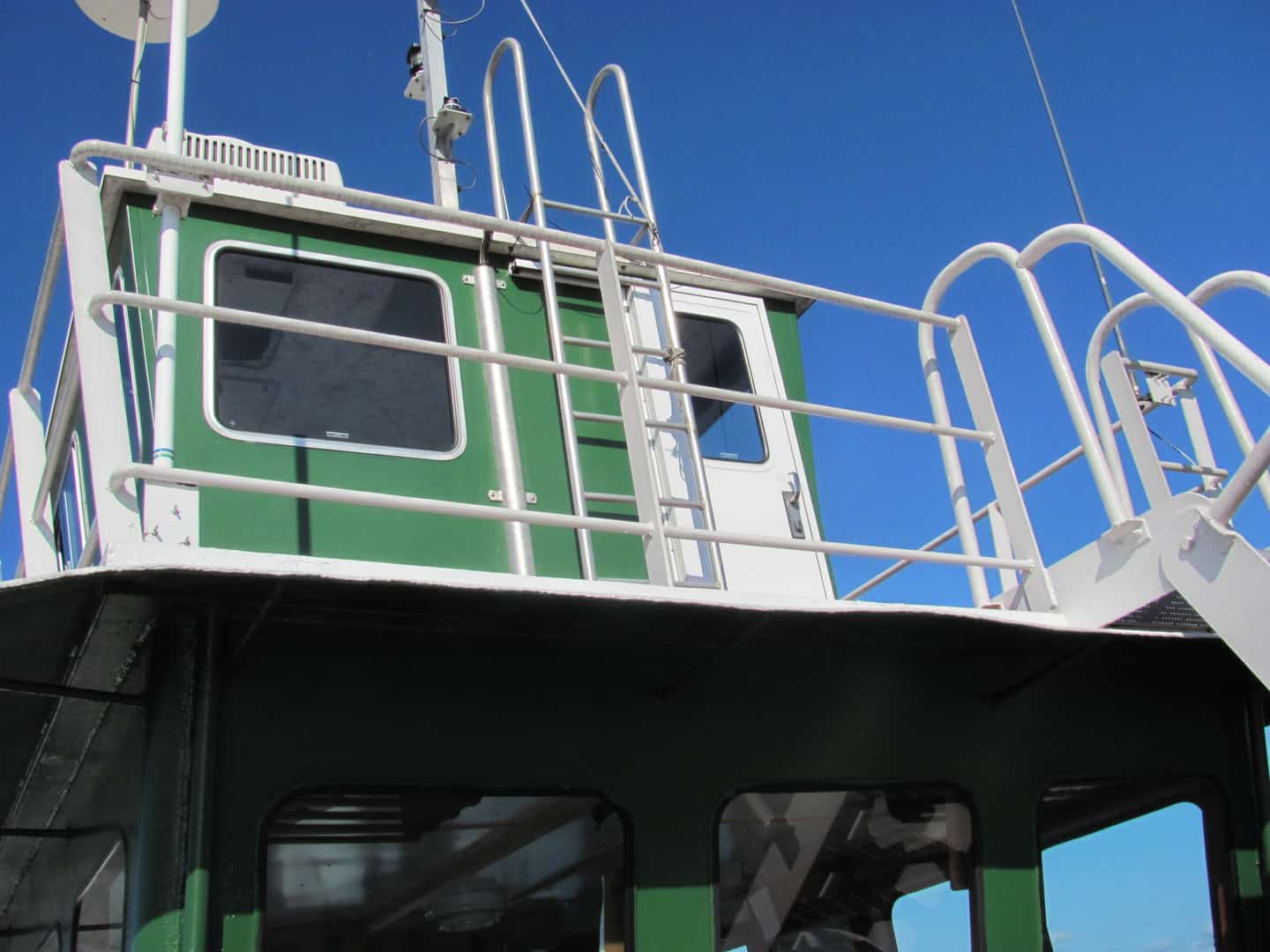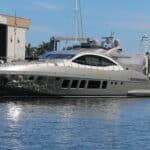Good morning to Captain and crew alike, and welcome to The Admiralty Docket. Today a quick review of current events affecting your rights and responsibilities on the water.
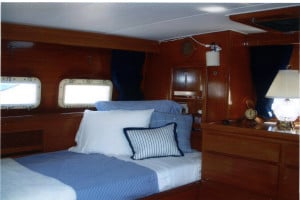
HOUSE OR BOAT?
In a case more appropriate for the “People’s Court” than the Supreme Court, the Justices of the Marble Palace on January 15, 2013 issued an opinion in Lozeman v. City of Riviera Beach, Florida which declared that Mr. Lozeman’s 60 foot houseboat was not a “vessel” for purposes of admiralty jurisdiction.
By way of background, and as previously addressed in other articles in this blog the SCOTUS had previously confirmed what many would consider a common sense interpretation of the definition of a “vessel” for purposes of admiralty jurisdiction in Stewart v. Dutra Construction, a case involving a barge without propulsion. In confirming that the barge in Dutra was indeed a vessel, the Dutra court noted the expansive definition of “vessel” in the Rules of Construction statute at 1 U.S.C. section 3 – defining a “vessel” as “every description of watercraft or other artificial contrivance used, or capable of being used, as a means of transportation on water”. This decision was widely hailed as bringing clarity to the realm of admiralty jurisdiction. Enter Mr. Lozeman.
The present suit involved whether Mr. Lozeman’s 60 foot houseboat was a “vessel” for purposes of admiralty jurisdiction. Mr. Lozeman argued that it was not a vessel essentially because it was a house built solely for that purpose and that it was not meant to be used as a means of transportation. In support of this theory, it was noted that there were french doors on the front (there is no bow….it is not a “boat”) of the house and that there was no means of propulsion, among other things.
In an opinion chock full of mind-bending logic, the Court found that its previous interpretation of the definition was too broad. Instead, the Court held that “a structure does not fall within the scope of the statutory phrase unless a reasonable observer, looking to the home’s physical characteristics and activities, would consider it designed to a practical degree for carrying people or things over water.”
Though it was built to float on water, was towed several hundred miles from one marina to the next, and was clearly “capable” of being used to transport people or cargo over water (seems to me, at least……it was in-fact so used), the Court found that the boat was not a vessel for purposes of admiralty jurisdiction. (One wonders if the decision might be different had the houseboat been involved in a collision while under tow).
Read the Court’s full opinion here.
Only time will tell whether Lozeman will be limited to houseboat cases or whether the lower courts will take this opportunity to re-examine other cases through their own “reasonable observer” analysis. If I had to hazard a guess, however, I would say that the latter may be more probable. Stay tuned for future findings that “water is not wet” and to sign up for “reasonable observer” training.
In other news of the weird, former Mount Pleasant Town Councilman Robert Payne was convicted by a jury of pointing and presenting a firearm and of indecent exposure stemming from a May, 2011 incident where Councilman Payne was reportedly urinating from the roof of his houseboat in the marsh between Shem Creek and Bayview Acres while “flipping-the-bird” in the general direction of Mr. Graham Stone’s residence and later discharged his shotgun twice in the air to send Mr. Stone a “clear message” and to express his “contempt and frustration” with Stone.
Councilman Payne’s houseboat was seized by the Mount Pleasant Police Department after Payne was arrested. The houseboat was reportedly was stuck in the mud just offshore of Bayview, had no motors, no running water or toilet facilities, however it had bilge pumps and was reportedly “uninhabitable” by most standards. Did this urinating, bird-flipping, shotgun shooting “political expression” occur on a “vessel”, or on the Councilman’s house? I pity the reasonable observer who must now be the judge.
If you have questions regarding admiralty and maritime law, please call or email us at our Mount Pleasant, South Carolina office for a free, confidential consultation with no obligation.
